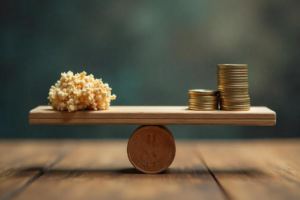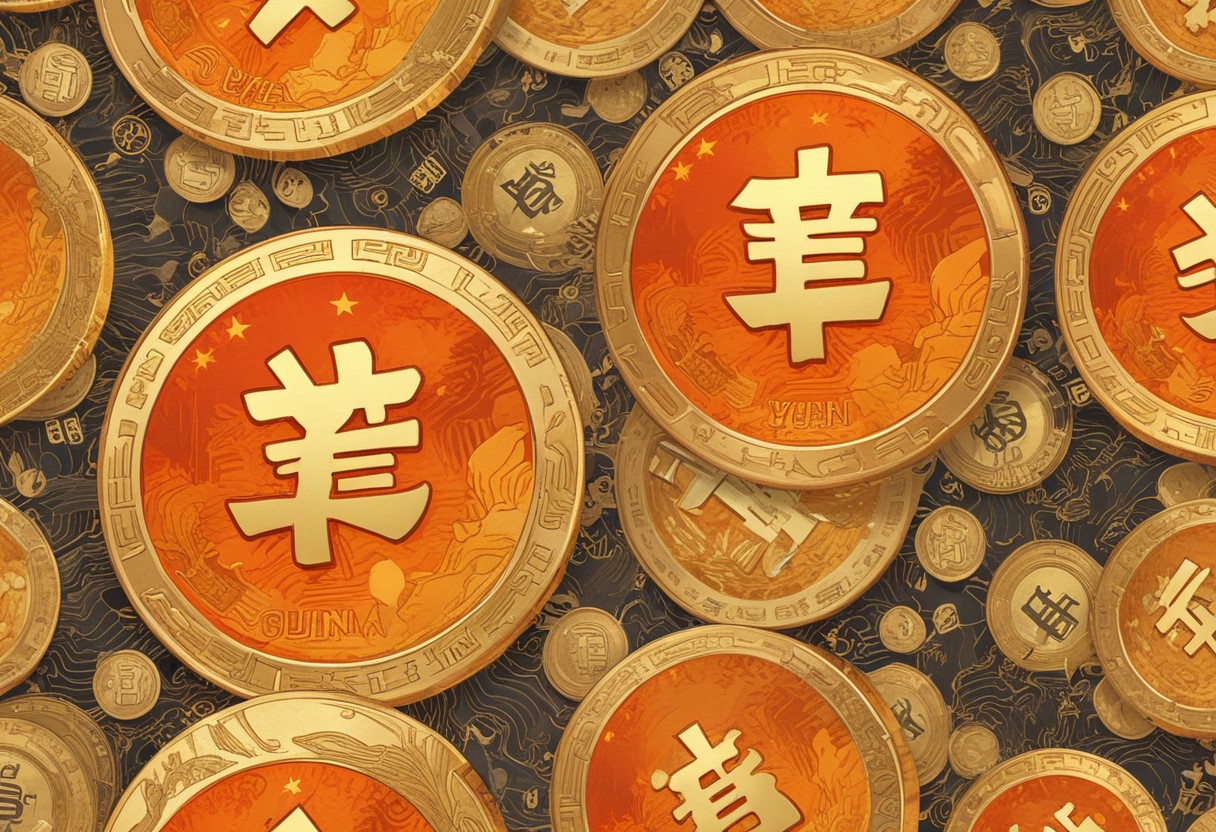The South Korean government has announced plans to reassess taxes placed on cryptocurrency gains. The new tax regime was supposed to start in January 2025. However, in light of a recent decision to eliminate taxes on gold investment, the government will also reevaluate its position on taxing profits from crypto trading.
The government wants to boost growth in investment markets, but it might rethink earlier promises to revive the cryptocurrency industry.
During a press briefing, Jeong Jeong-hoon, the head of the Tax Department at the Ministry of Strategy and Finance, was queried about the government’s intentions to implement capital gains tax for cryptocurrency holders. Jeong replied:
“Crypto asset taxation is also a matter that should be discussed in the National Assembly, after the abolition of gold investment tax.”
Cryptocurrency traders have expressed dissatisfaction, arguing that it was unjust for them to be taxed on their investments when gold traders enjoy tax exemption. The government is expected to consider public opinion when addressing this issue.
Nevertheless, the ultimate decision on matters related to crypto taxation is likely to rest in the hands of lawmakers. Given the ongoing impact of the Coin Gate scandal on South Korean politics, numerous Members of Parliament may approach pro-crypto legislation with caution.
The matter of crypto taxation has been a contentious and prolonged issue within the National Assembly. In 2021, heated disputes erupted in the chamber, involving government ministers engaging in disagreements with their party members over the necessity for crypto “tax equity.”
The controversy extends to the current law set to take effect on January 1, 2025, imposing a 20% capital gains tax on individuals with crypto earnings or trading profits exceeding $2,100 annually. President Yoon Suk-yeol, ahead of his election in 2021 pledged to increase this threshold to approximately $41,000 per year, aligning with the current limit for KOSPI traders.
Seoul aims to fast-track the enactment of the gold tax law, with a bill expected to be prepared for the Assembly by late January or early February, according to Jeong. He expressed the possibility of the bill advancing through the committee stage and reaching the house before the upcoming general election, if feasible.
South Korea will hold legislative elections in April, where the opposition Democratic Party currently holds a significant majority in the chamber, surpassing 50%.
















